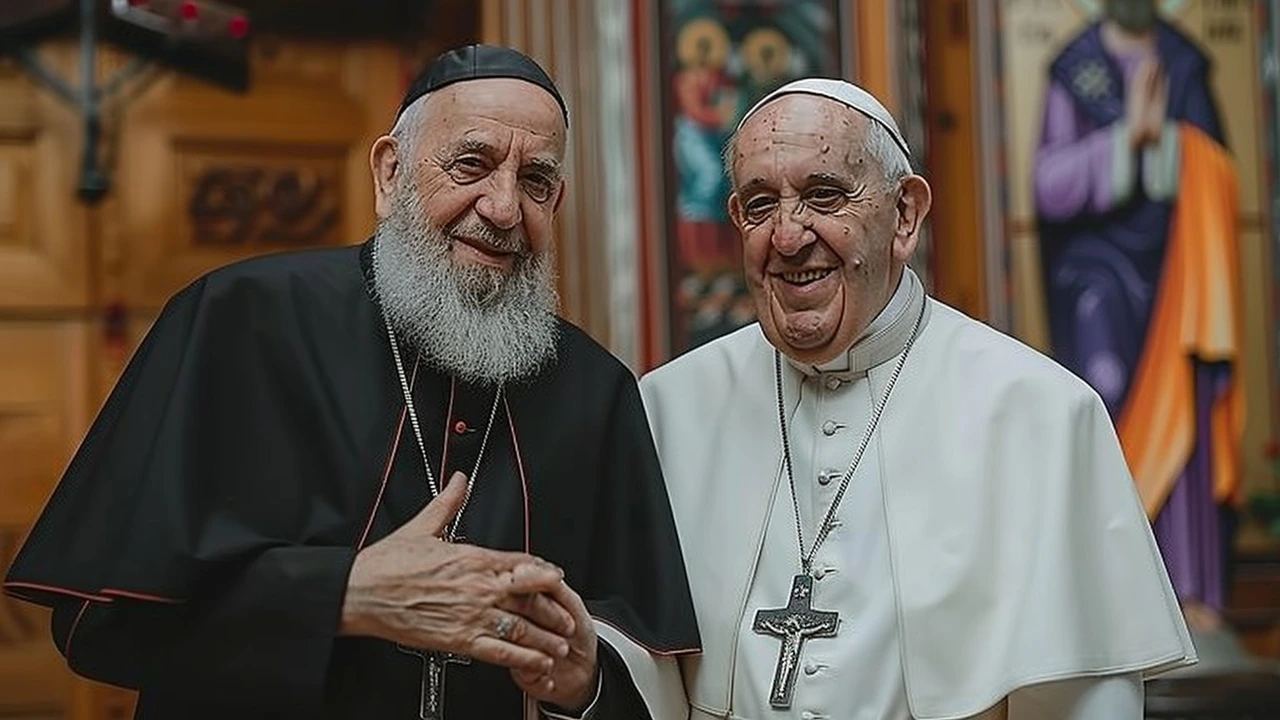What You Need to Know About Armenian Prisoners Today
When we hear the term "Armenian prisoners," many questions come up about their conditions, rights, and stories behind the bars. This page gathers valuable insights and news that focus on the lives and challenges faced by Armenian prisoners and related international perspectives. Whether it’s about reforms or specific cases, understanding this topic requires clear and straightforward info.
Why Prison Conditions Matter
Prison life affects anyone locked up, but for Armenian prisoners, there can be unique issues tied to politics, justice systems, or human rights. For example, overcrowding and access to healthcare are tough realities reported often. These issues don’t just affect prisoners but their families and communities back home.
Activists and organizations often push for better treatment and fair trials. Their efforts highlight how prison conditions can shift when governments respond to pressure or international standards. It shows the direct link between awareness and practical change for prisoners’ lives.
Stories That Catch Attention
Recent headlines sometimes showcase Armenian prisoners in the context of bigger events, such as conflicts or political shifts. These stories remind us that behind the headlines are real people facing real struggles. They can serve as a eye-opener for how justice and law enforcement operate differently worldwide, and what that means for inmates.
If you want to stay updated or understand deeper, following such news offers not just facts but a clearer picture of how Armenian prisoners fit into wider social and political debates. It also encourages us to ask tough questions on fairness, dignity, and reforms.
So, whether you’re curious about prison life, human rights, or current affairs involving Armenian detainees, this page helps you connect the dots with concise and trustworthy info.

In a significant meeting at the Vatican, Catholicos Aram I and Pope Francis tackled critical issues including ecumenical relations, the plight of Armenian prisoners of war, strengthening interfaith coexistence in Lebanon, and the potential for a new Vatican Council with participation from non-Catholic churches.
Read More